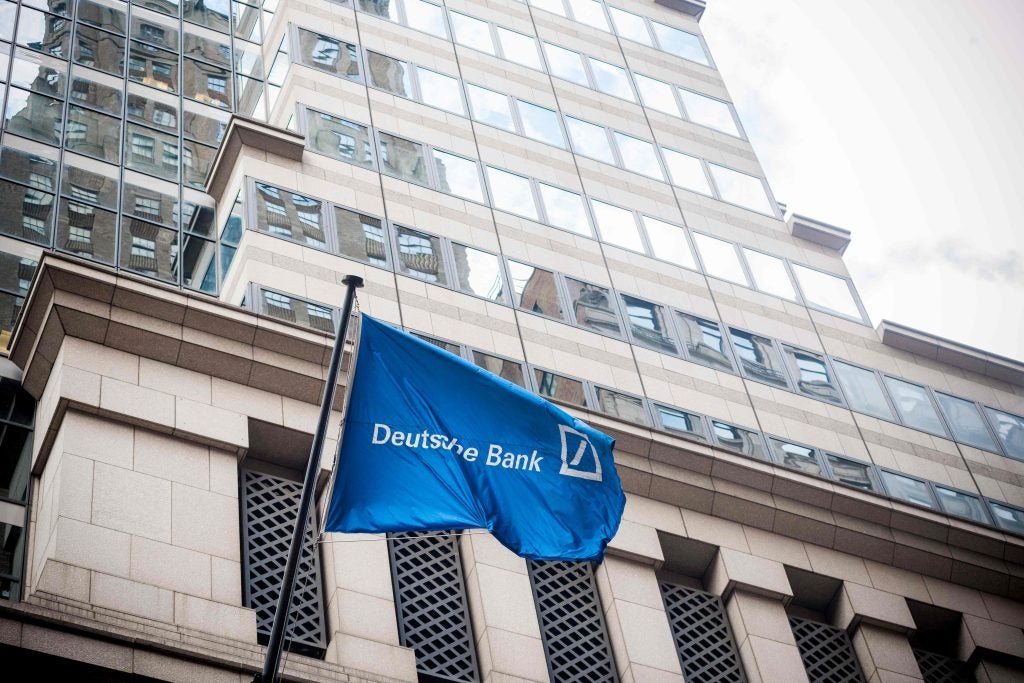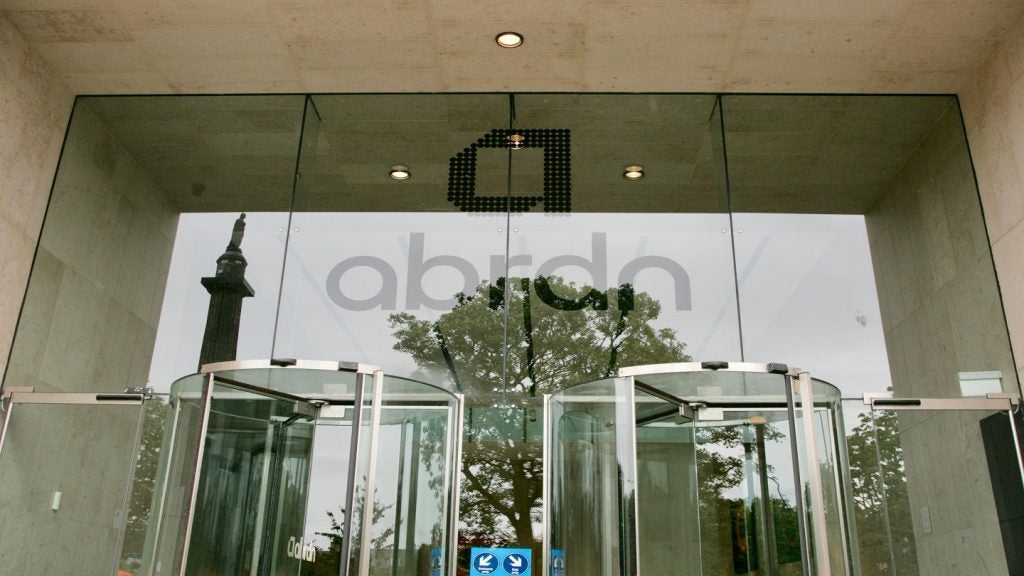The coronavirus pandemic has been the catalyst for global stock markets to crash. Declines in the FTSE 100 are mirroring the 2008 financial crash and wealth managers will be put to the test this year. But modelling from the global financial crisis and forecasts for 2021 suggest a bounce back in 2021, particularly for those that can stay invested in the market.
According to GlobalData’s macroeconomic data, UK real GDP growth for 2020 is forecast to be 0.89% as a result of COVID-19 – down from 1.26% at the close of 2019. Bear in mind, in 2008 real GDP growth fell from 2.43% in 2007 to -0.28% in 208. The pandemic will undoubtedly leave the economy in its worst position since the 2008 crash. However, there could conceivably be less of an impact on annual growth rates if the economy can be jumpstarted after the medical crisis abates.
The 2020 crash will largely be felt in the fund and equity markets in the UK. GlobalData’s Retail Investments Analytics tool expects that equity balances will decrease by 18% and mutual funds will fall by 20%. The FTSE 100 hit its lowest position since August 2009 on March 23, 2020, with the index at 4,993 following the prime minister’s announcement of a lockdown. We are yet to see if further UK economy damaging measures are put in place, as they too will impact the stock market.
Although diversified, mutual funds will not be able to escape this crisis either, given the impact of stock market declines and interest rate cuts. On a more positive note – and similar to 2009 – the year that follows a crash bounces back strongly as investor sentiment improves. As a result, we expect equity and bond balances to grow by 15% and 25% respectively in 2021. There is light at the end of the tunnel for aggrieved UK investors, provided they remain invested and don’t sell out at the bottom of the market.
In usual fashion, prudent planning would have led investors or their wealth managers to move their investments into safer asset classes such as deposits. Interest rates in the UK have been low for over a decade, but the coronavirus pandemic is causing returns to plumb new depths as the Bank of England yet again cut rates to the lowest in its 325-year history. Interest rates in the UK dropped to 0.25% earlier in March, and as of March 19 were down to 0.1%. Deposits are the largest proportion of the average UK portfolio, accounting for over 50%. Investors crystallising losses in the market and putting money in deposits will be doing so for effectively no return.
GlobalData surveying of UK investors in 2018 showed that the vast majority are buy-and-hold long-term investors, with only 17.7% withdrawing money in the last year and over half not making any changes to their portfolio over the preceding two years. Wealth managers need to help their clients retain their nerve in the current market despite the negative headlines, so that they can benefit from the inevitable bounce back when it does come. Ensuring their clients are not caught up in the short-term negative is every wealth manager’s duty.








